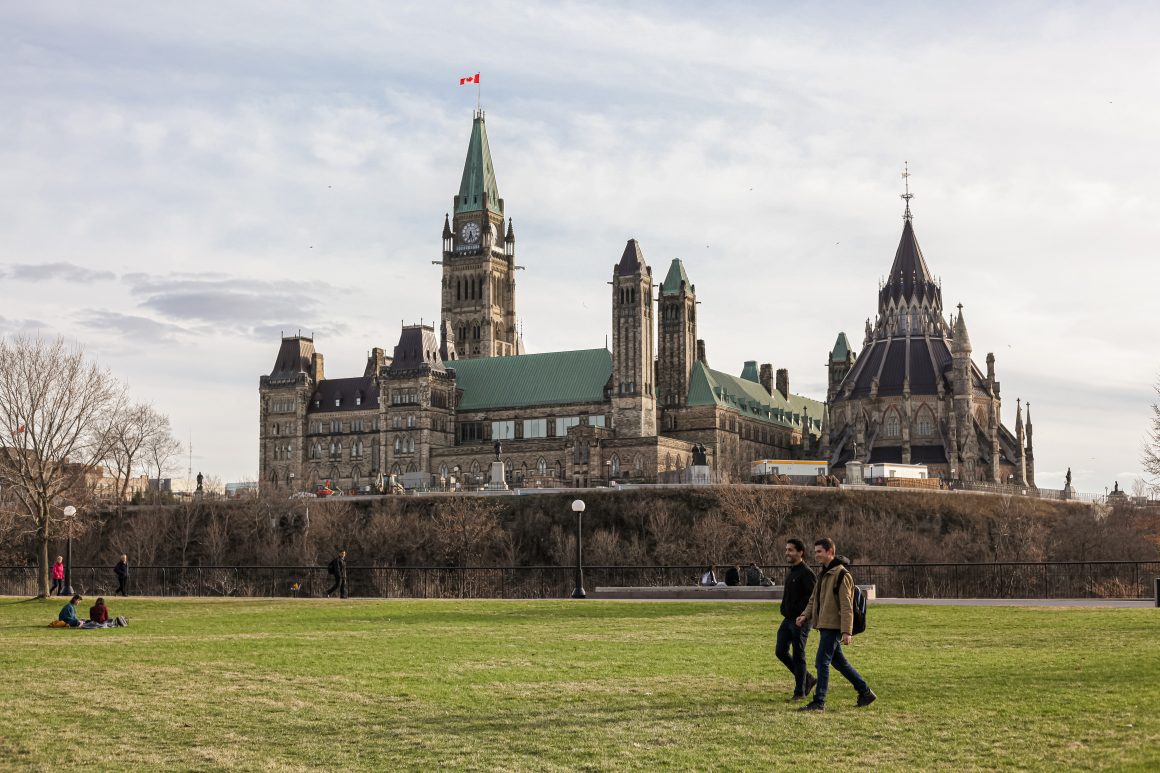
Federal government signs a ten-year First Nations education agreement in Alberta
By Gurman Sahota, July 22, 2019 —
On June 18, the federal government signed a 10-year regional education agreement with the Kee Tas Kee Now Tribal Council Education Authority (KTCEA) in north-central Alberta.
The agreement was hosted in Woodland Cree First Nation at Cadotte Lake, Alberta, on Treaty 8 territory. Signatories included Loon River First Nation Chief Ivan Sawan, Lubicon Lake Band Chief Billy Joe Laboucan, Peerless Trout First Nation Chief Gladys Okemow, Whitefish Lake First Nation Chief Albert Thunder, Woodland Cree First Nation Chief Isaac Laboucan-Avirom and federal Minister of Indigenous Services Seamus O’Regan.
This agreement will provide 10 years of guaranteed funding for approximately 1,200 students throughout six schools located within the communities of the Kee Tas Kee Now Tribal Council. These nations make up the KTCEA, with the mission of securing stable funding for the schools who operate with an emphasis on land-based education and the preservation of the Cree language, Nehiyawewin.
According to a media release, the new Regional Education Agreement, KTCEA expects to see its annual budget increased by nearly 50 per cent.
“One of the most positive outcomes [of the agreement] is that we’ll be able to train our own members, we will be able to have the training for teachers within our leadership, within our schools and training in our communities,” said Loon River First Nation Chief Ivan Sawan.
The federal agreement comes after KTCEA signed a similar agreement with the Alberta NDP government — a 10-year agreement to support the education authority. Al Rollins, chief executive officer of the Kee Tas Kee Now Tribal Council, said that the provincial agreement complements the federal agreement.
“We got an agreement with the provincial government before we got an agreement with the federal government that we’ve now come full circle,” said Rollins. “Both Alberta and KTCEA consider it to be an enhancement to the federal responsibility.”
The incoming federal support will help the First Nations communities train community members within the scope of the school system model.
“We’ve got stable support coming, one can begin to deal with training community members to be the school teachers, that’s going to be so helpful in so many different ways,” said Rollins. “And through all of this, it should enable us to focus more on developing resources and courses that reflect the diverse perspectives of each of the communities and also developing strategies that focus on student retention, attendance, literacy, numeracy, and improving the student well being through better nutrition, and athletic programs.”
—
If you would like to contribute articles surrounding Indigenous issues, contact the volunteer coordinator at volunteer@thegauntlet.ca.
